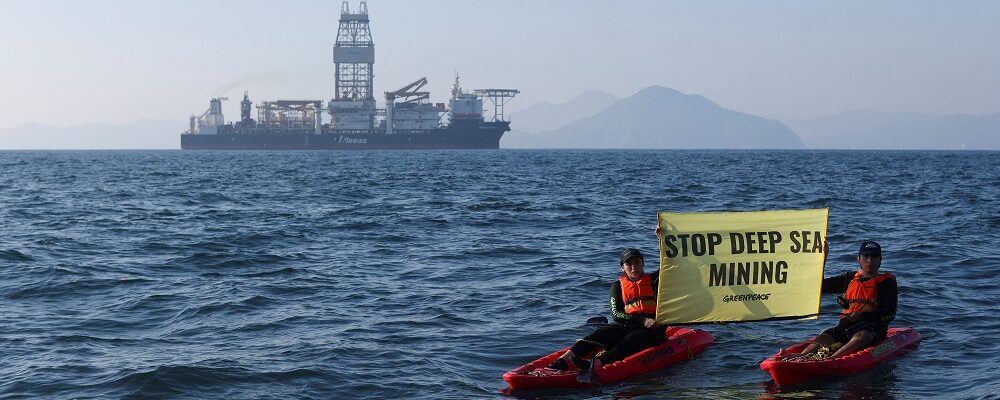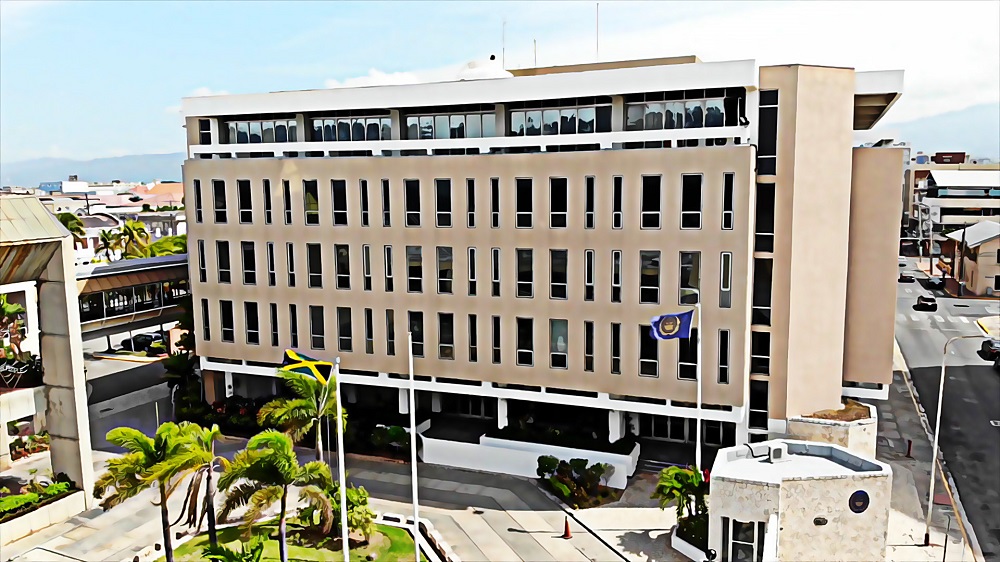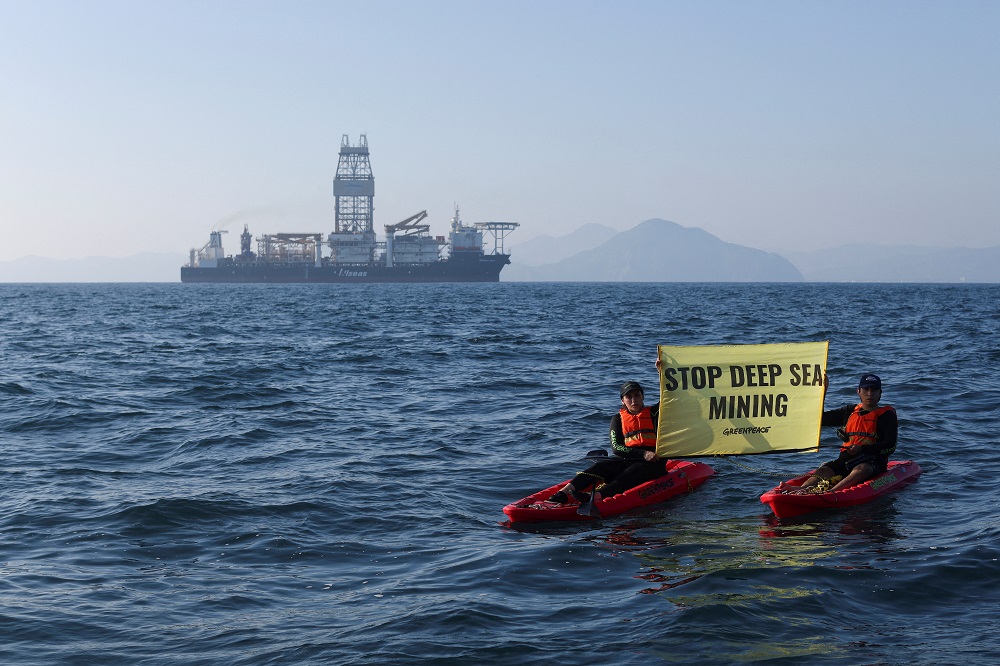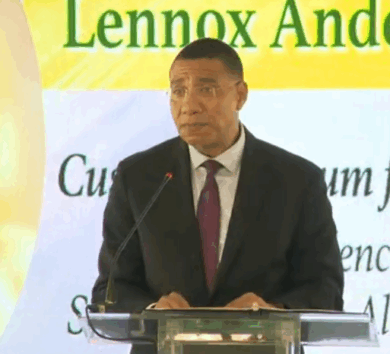

Durrant Pate/ Contributor
After two weeks of negotiations in Kingston, the International Seabed Authority (ISA) has still not found consensus on rules for deep-sea mining, even under heightened pressure triggered by US efforts to fast-track the controversial practice.
In fact, the ISA, which is headquartered in the Jamaican capital city, is still far from finalising rules for extracting coveted metals on the high seas. Following a meeting in March and the current session in Jamaica, the 36 members of the ISA’s executive council yesterday completed a line-by-line reading of the proposed “mining code” and its 107 regulations for exploitation of the ocean floor in international waters.
The minerals and metals in question, such as cobalt, nickel and manganese, are used for electric vehicles and other emerging technologies. While the ISA has still not found consensus on the rules, council president Duncan Muhumuza Laki declared that “this marks a significant milestone,” to thundering applause from delegates.
Pressure mounting for ISA to reach consensus
After more than a decade of talks, crucial sections of the proposed rules, including mechanisms for protecting the marine environment, are far from winning consensus. In addition, several delegations have publicly opposed calls from Laki to work quickly to finalise the code this year, as envisioned in a 2023 roadmap.
Chilean representative, Salvador Vega Telias, whose country is one of 37 asking for a moratorium on deep-sea mining, told the plenary session, “The exploitation activities cannot begin as long as we do not have a solid, equitable framework.” Telias argued that mining could not begin until experts could pinpoint “all the scientific knowledge that we need to have to identify the potential impacts and effects on the marine environment”.

ISA Secretary-General, Leticia Carvalho, remarked, “I firmly believe that the success of deep sea governance will depend on our ability to draw from robust science, inclusive dialogue, and the wisdom to act with precaution.” The ISA session, which will continue next week with the assembly of all 169 member states, comes as US President Donald Trump threw a monkey wrench into the process in April.
He instructed his administration to fast-track the granting of permits for deep-sea mining in domestic and international waters, citing an obscure 1980 US law and sidestepping the process undertaken by the ISA. The United States is not a party to the independent ISA or to the UN Convention on the Law of the Sea, under which the ISA was established in 1994.
Canada’s The Metals Company (TMC) quickly jumped at the opportunity, lodging the first request for a high seas mining license—a short-circuiting of the ISA process that was slammed by non-governmental organisations and some member states. Those parties appear to want to send a message to TMC today, the last day of the council’s session.
Draft text still under discussion
A draft text still under discussion, seen by the international news agency, AFP, calls on the ISA’s legal and technical commission to investigate “possible issues of non-compliance of contractors that may arise out of the facilitation of or the participation in actions intended to appropriate resources… contrary to the multilateral legal framework.”
The draft calls on the commission to report any instances of non-compliance or potential violations of the Law of the Sea and “recommend, where appropriate, measures to be taken by the Council.”
The Canadian firm had hoped to be the first recipient of an ISA-awarded commercial mining license to be used in that area, before pivoting to apply to Washington to work there.
The talks in Kingston have been tense at times, with several delegations miffed about the rules put in place by the council president, including convening some negotiations behind closed doors. What the council is discussing currently is the common heritage of humankind,” Emma Watson of the Deep Sea Conservation Coalition, an alliance of NGOs, told AFP, criticising what she called a “big shift” in procedure.
Ocean defenders have battled against what they say is the advent of an industry that will threaten isolated ecosystems, which have still not been thoroughly studied. Company executives and some countries say the world needs these strategic minerals and metals to propel clean energy technologies, such as electric cars.







Comments